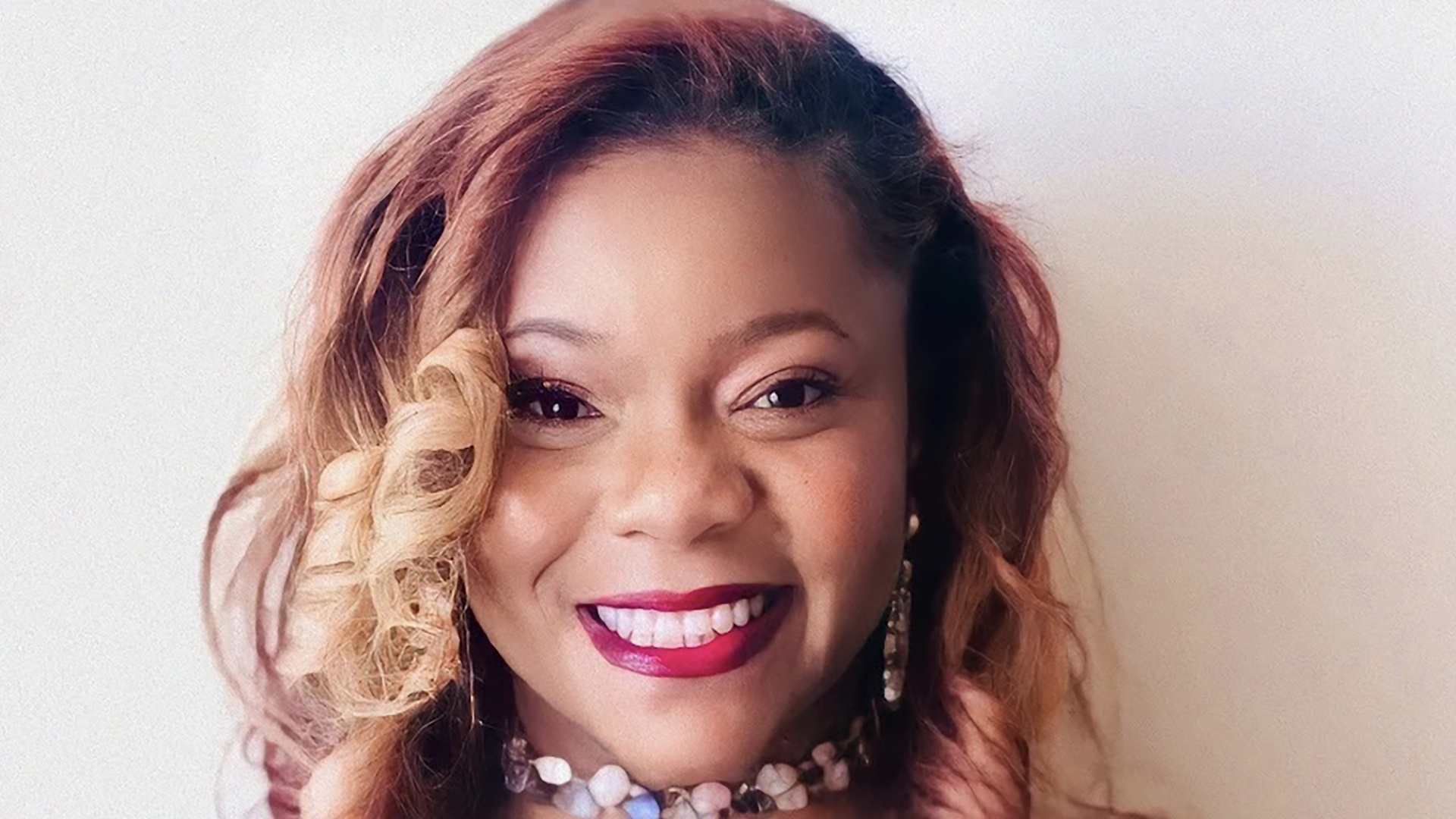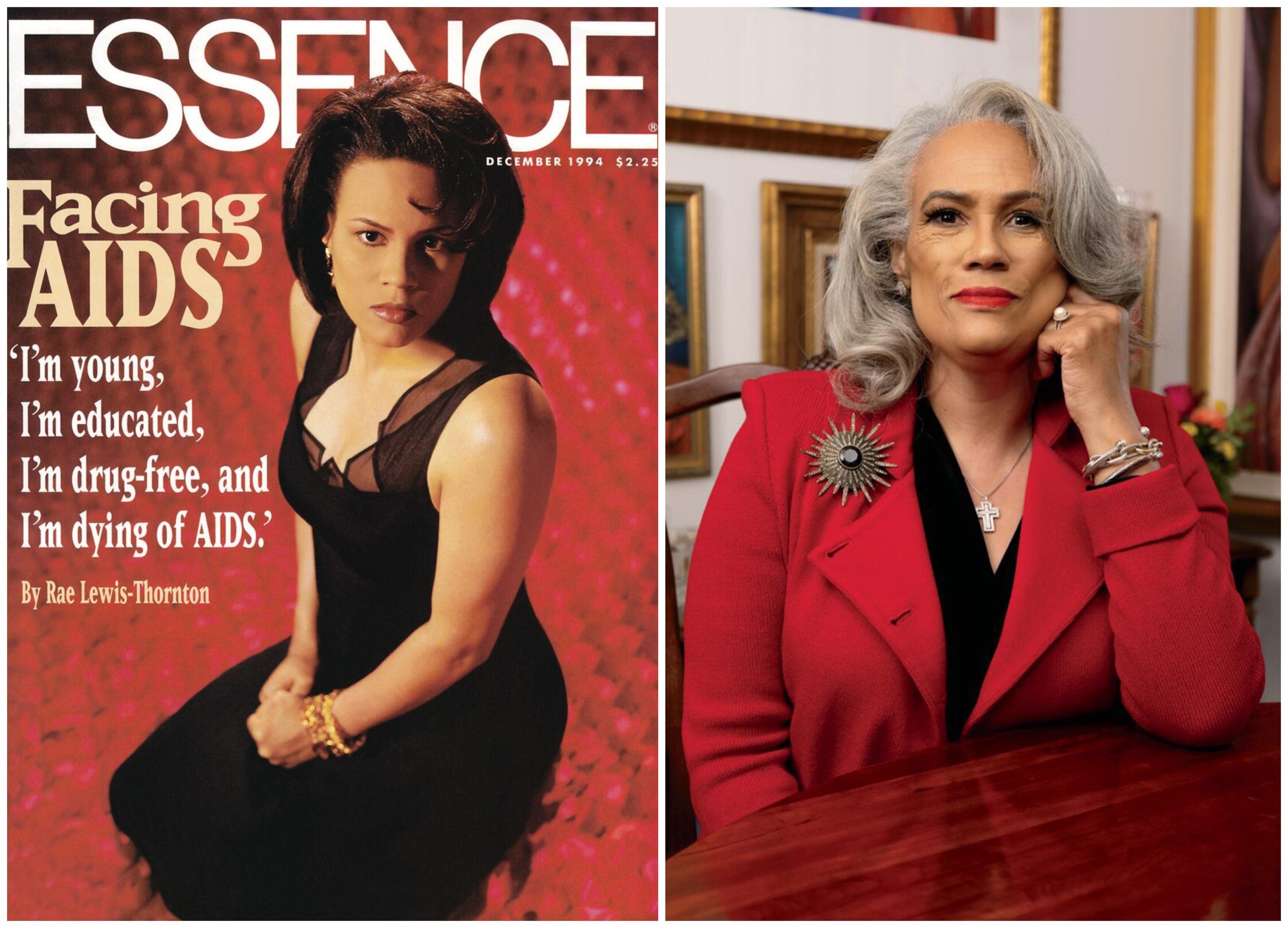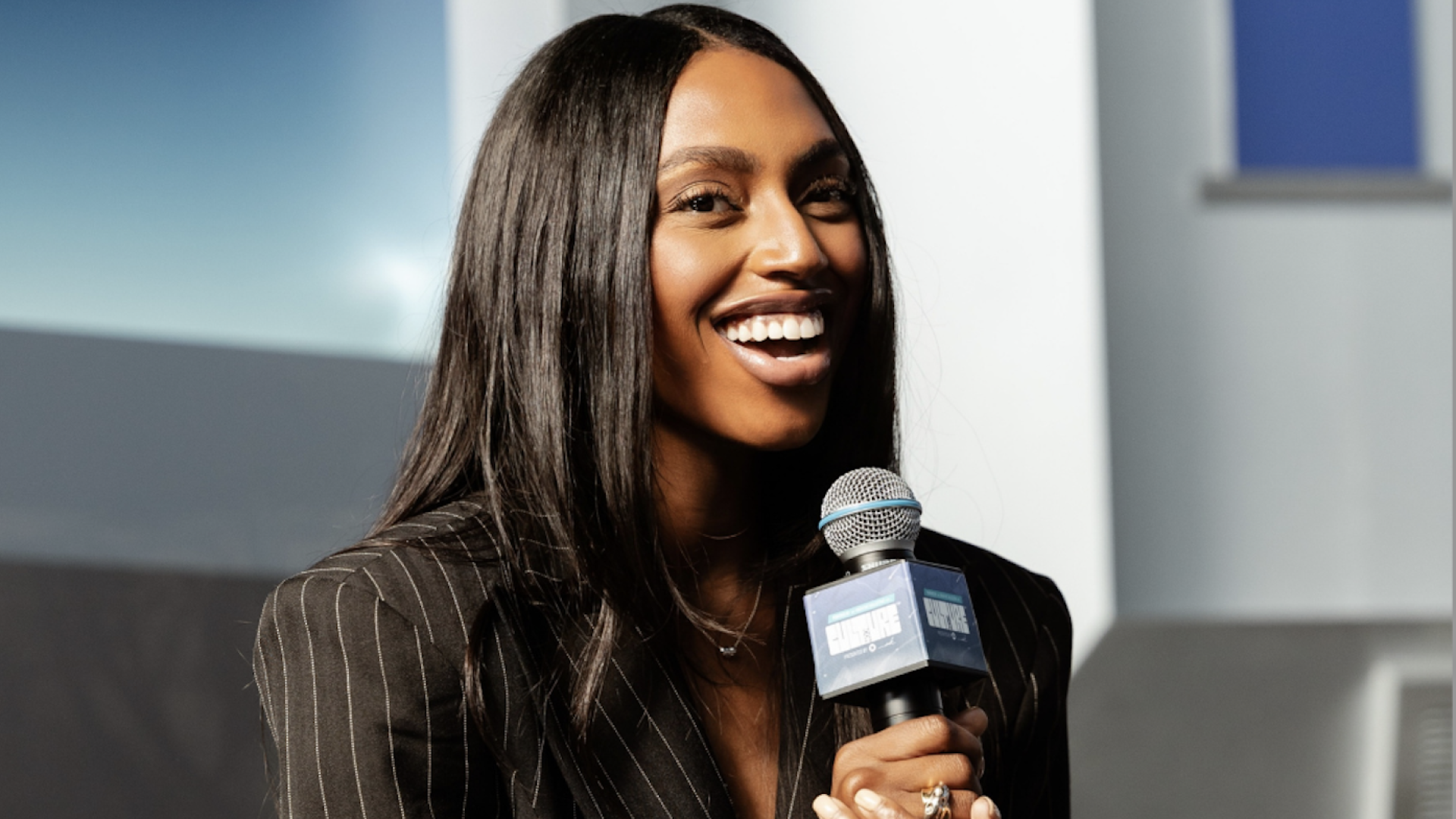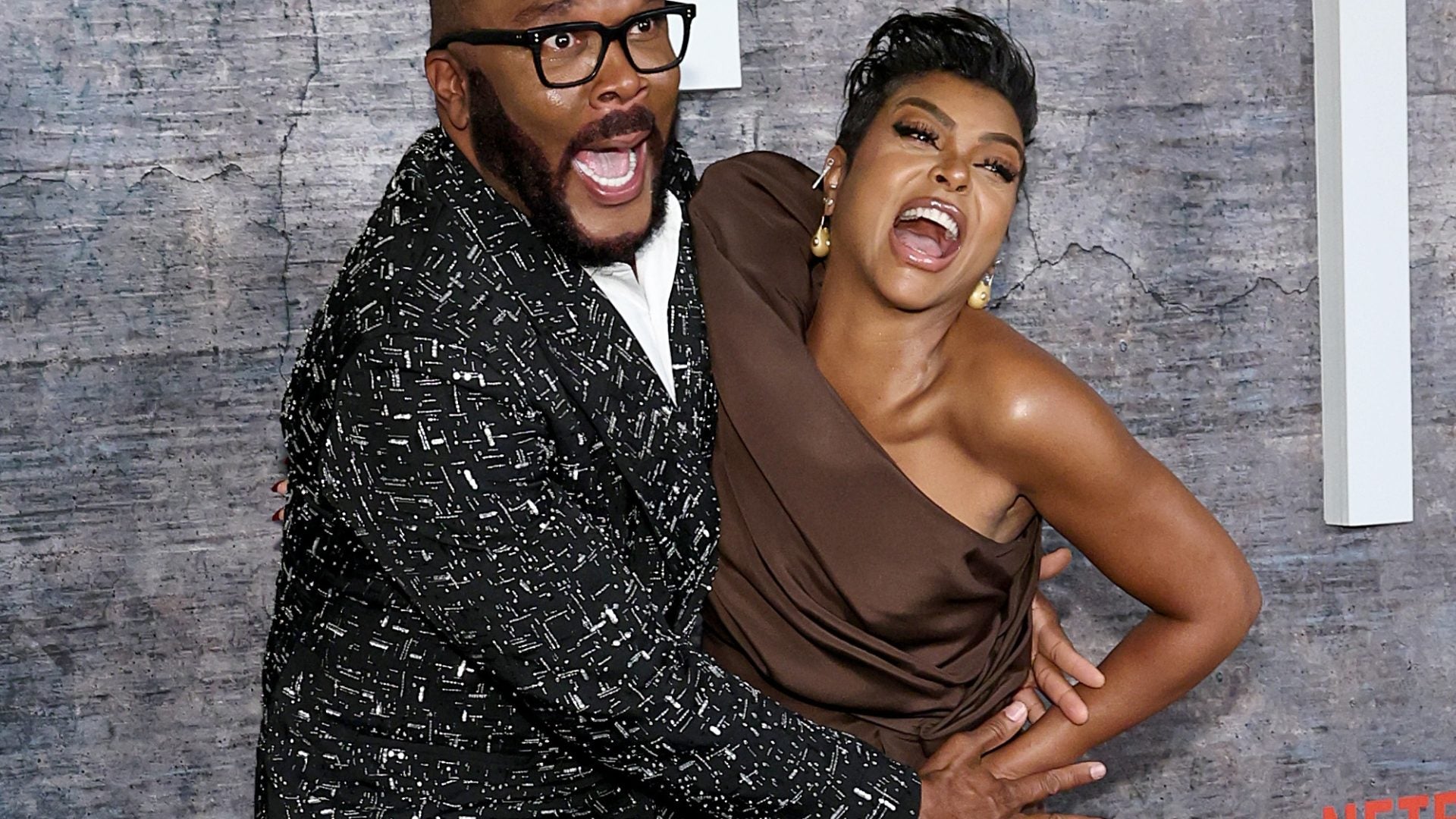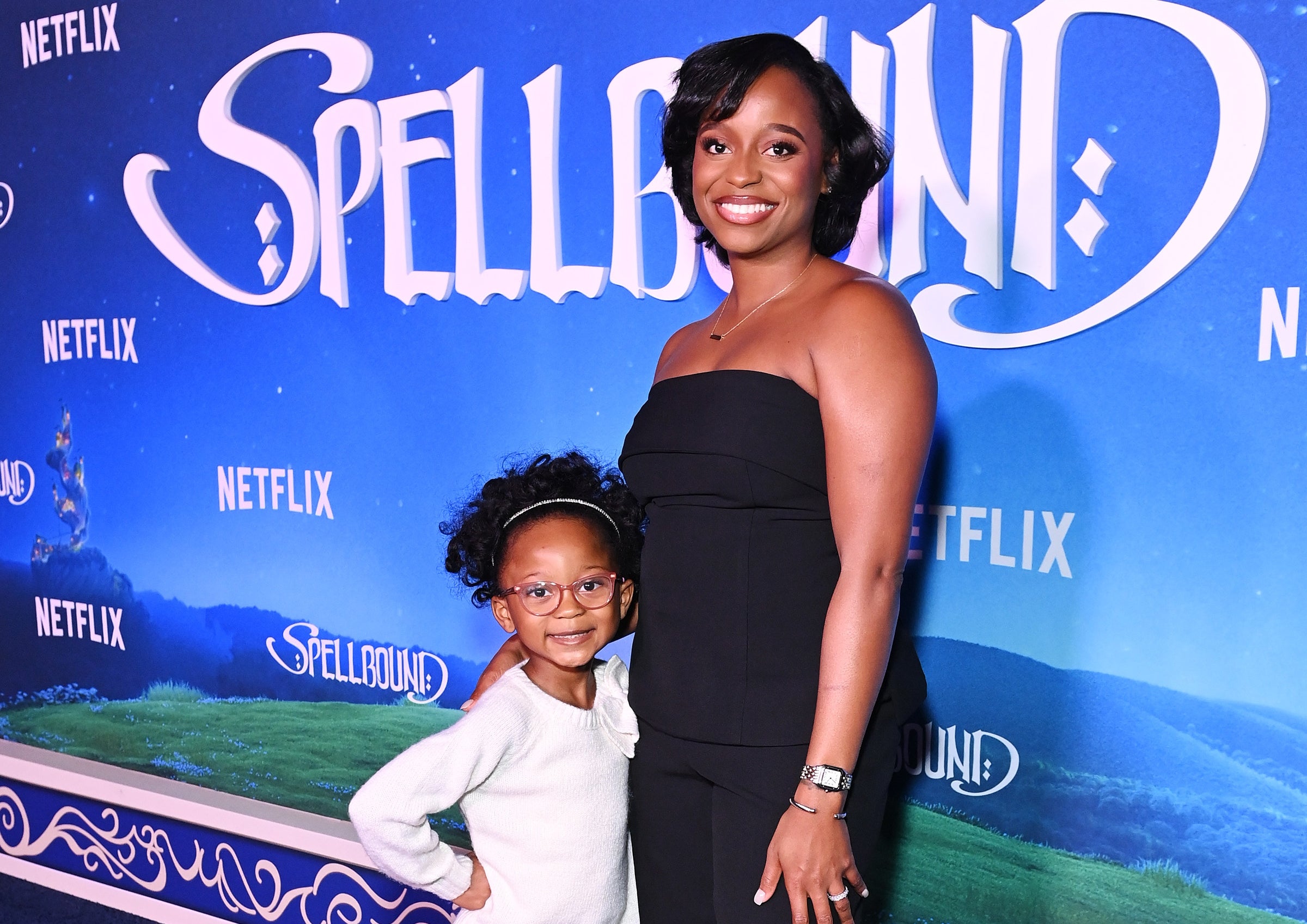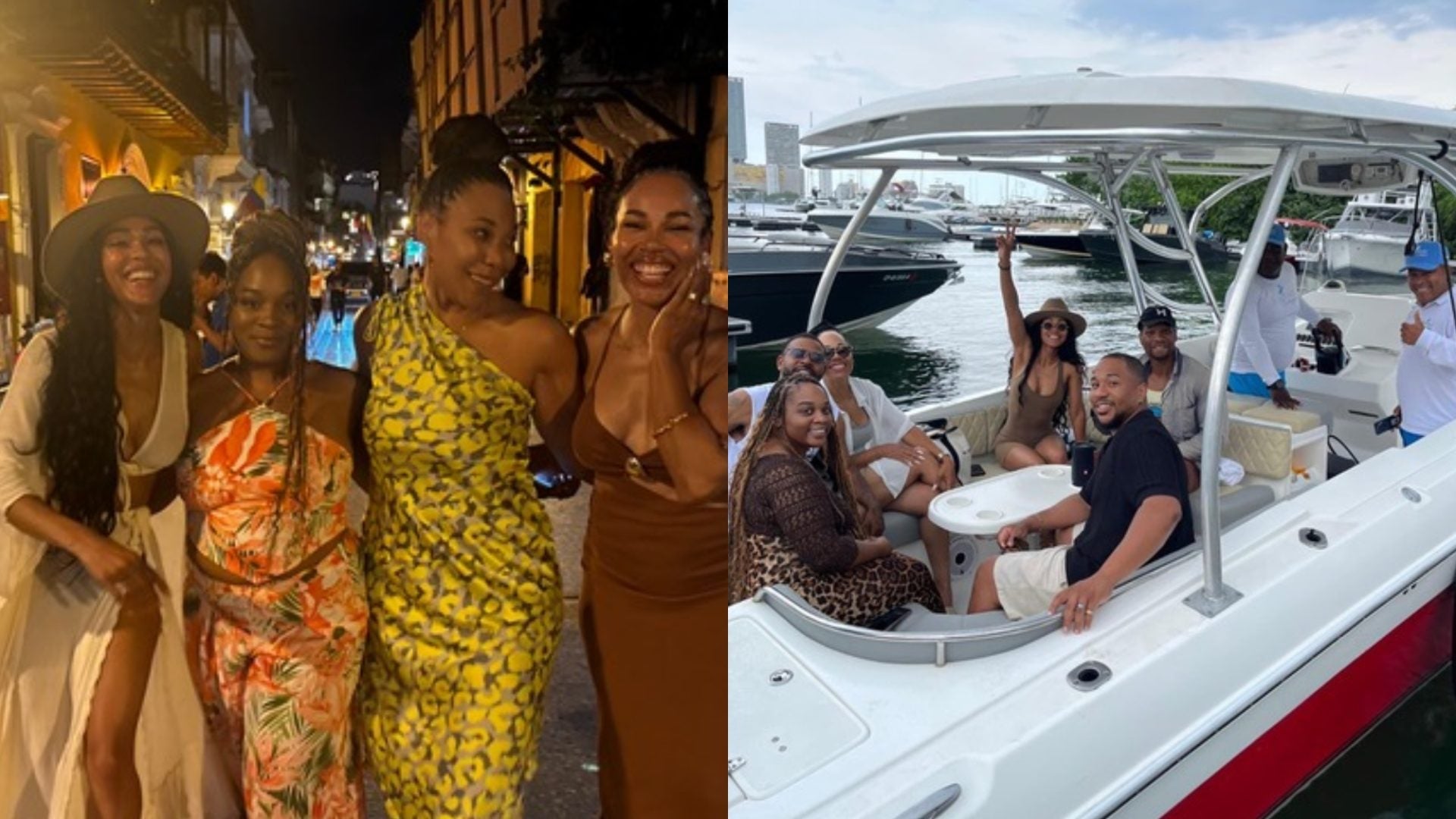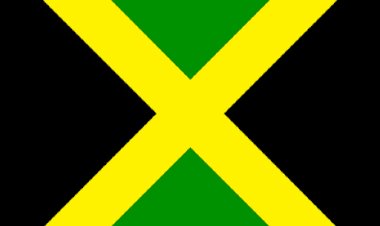The Silent Pause: Why Black Reality TV Is Facing A Crisis
Black reality television is in a state of paralysis. Across networks, unscripted shows centering Black millennials—messy, joyful, aspirational, complicated—are being quietly “paused,” a familiar euphemism for cancellation without the courtesy […] The post The Silent Pause: Why Black Reality TV Is Facing A Crisis appeared first on Essence.
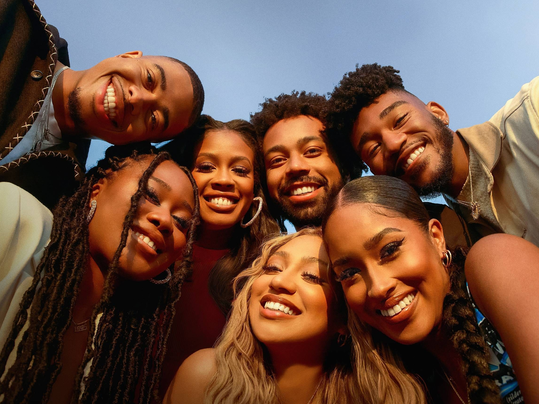
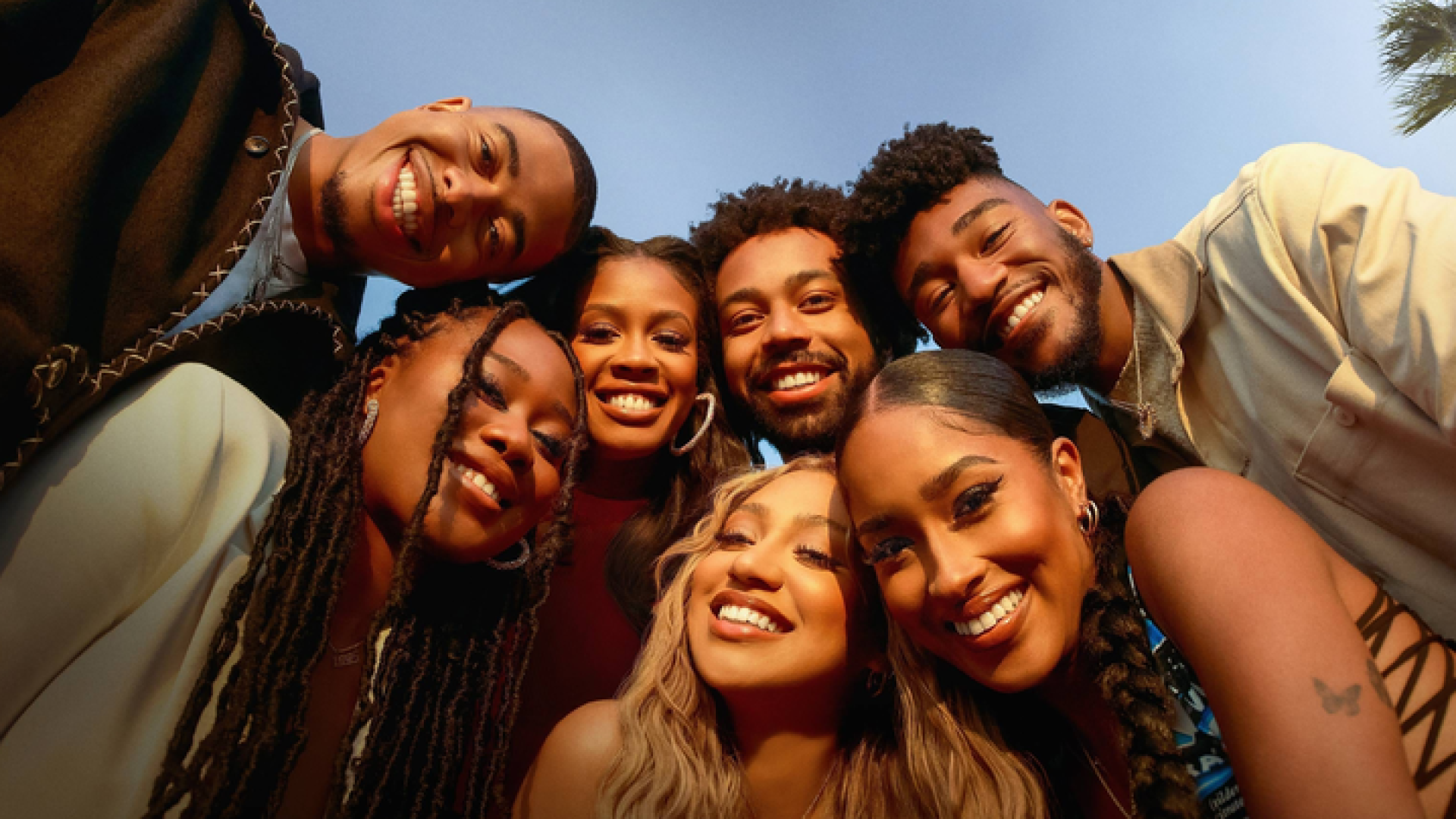 HBO Max
HBO Max Black reality television is in a state of paralysis.
Across networks, unscripted shows centering Black millennials—messy, joyful, aspirational, complicated—are being quietly “paused,” a familiar euphemism for cancellation without the courtesy of communication. These weren’t just programs—they were windows into Black life: Summer House: Martha’s Vineyard, Sweet Life: Los Angeles, Selling Tampa, and Southern Charm New Orleans. They offered more than the standard drama and infighting. They had purpose. They had community. They had range.
So why are they gone?
I don’t ask this question lightly. I myself was on Bravo’s Summer House: Martha’s Vineyard. And we weren’t just filming summer antics—we were holding up a mirror to a powerful, often overlooked legacy. Martha’s Vineyard is a site of Black history, celebration, and joy—something Mara Brock Akil’s Forever also beautifully captured on Netflix. Our cast was full of Black millennials navigating friendship, conflict, heartbreak, and ambition. It resonated because it was real.
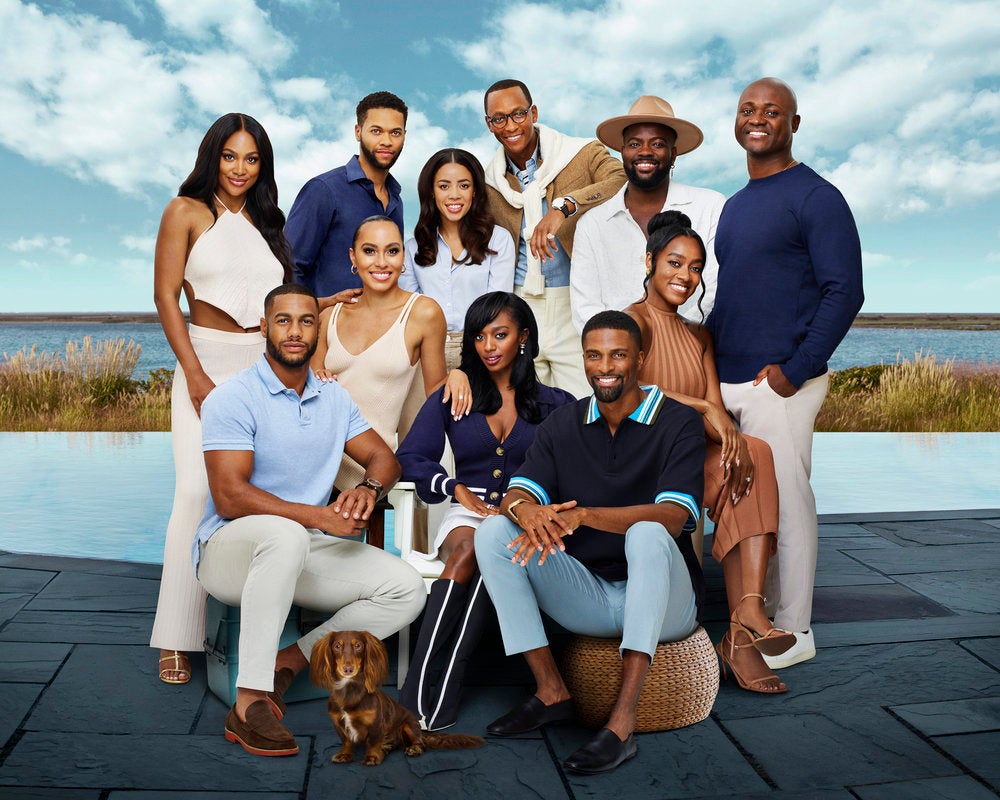 SUMMER HOUSE: MARTHA’S VINEYARD — Season:1 — Pictured: (l-r) Jordan Emanuel, Amir Lancaster, Jason Lyke, Shanice Henderson, Summer Marie Thomas, Bria Fleming, Nick Arrington, Alex Tyree, Preston Mitchum, Silas Cooper — (Photo by: Stephanie Diani/Bravo)
SUMMER HOUSE: MARTHA’S VINEYARD — Season:1 — Pictured: (l-r) Jordan Emanuel, Amir Lancaster, Jason Lyke, Shanice Henderson, Summer Marie Thomas, Bria Fleming, Nick Arrington, Alex Tyree, Preston Mitchum, Silas Cooper — (Photo by: Stephanie Diani/Bravo) We weren’t “roles.” We were full people—with our imperfections, our laughter, our beauty, our love, and our occasional annoyance. And the audience felt it.
Rarely does a day go by without someone stopping me on the street, at a restaurant, or in a bar, saying they miss the show, they’re praying for its return, or—my favorite—“Who do we need to talk to so you get back on air?”
Here’s the truth: I don’t know.
And I honestly don’t believe it’s something they can fix. Because it’s not just about me or our cast. It’s about something deeper. It’s about whether networks truly believe our stories matter. Whether they think we’re worthy of a spotlight. A platform. A chance to shine.
That’s why the abrupt “pause” felt so personal—not just to us on the show, but to Black viewers who finally saw themselves reflected in a space that didn’t flatten or exploit us.
As writer and pop culture commentator Carlos J. Harris put it: “Summer House: Martha’s Vineyard was the first show of its kind on a major network that showcased a Black millennial friend group past college years. Bravo putting the show on pause right now felt like a slap in the face.”
He’s not wrong.
The show was more than drama and vacation aesthetics—it was a cultural backdrop that deserved time to breathe. But too many Black-led shows are expected to deliver instant magic without the runway it takes to build legacy.
“You don’t get a cultural moment without a commitment,” Harris added. “Three seasons is often the runway it takes for a show to hit its stride. But too often, our shows aren’t even given a full breath before they’re cut off.”
Instead, we’re watching a slow, quiet rollback. Some shows are canceled. Others are ghosted. And others are left in a purgatory called “pause.” But the outcome is the same: stagnancy. A shrinking landscape for Black reality television.
There are, of course, glimmers of hope. A few months ago, OWN announced that Sweet Life: Los Angeles—originally created by Issa Rae and canceled by Max—will reair on its network with new material. That’s a blessing worth celebrating. It’s the kind of second chance, the kind of belief in Black storytelling, that all of these shows deserve. But let’s be honest: not every Black reality series will get that same investment, that same visibility, that same grace. And it shouldn’t take a cancellation, years of fan advocacy, and a new network to believe in our worth.
Let me be clear: This isn’t about demanding more shows about Black Excellence. If you watched our show, you know how much I hate that phrase because of who is often excluded. But what I’m saying is: we deserve stories that show all of who we are. Not sanitized. Not saintly. Not smoothed over for mass appeal. Messy and fun. Tender and wild. Grounded and experimental.
Yet what we’re being served lately lacks that dimension. The reality franchises that once felt fresh, even when chaotic, are now just dark.
The Real Housewives of Atlanta used to deliver generational entertainment. Now we’re watching episodes where people threaten each other with guns, or where nudes are leaked at events. On Basketball Wives, we’re witnessing physical fights in 2023 UCLA Hollywood Diversity Report found that shows with predominantly Black casts still receive significantly less investment than white-majority shows—both in production and marketing budgets. And in a landscape where promotion is survival, that gap is devastating.
The report also found that diverse audiences—Black audiences—are among the most engaged and loyal. We show up. We stream. We live tweet. We quote. We meme. We build culture—in real-time.
So again, I ask: Are we being valued?
Let’s not pretend white reality stars aren’t also messy or problematic. However, they get second chances. Third chances. Reboots.
Jax Taylor and Kristen Doute were fired from Vanderpump Rules over racism allegations, only to be welcomed back for The Valley. Meanwhile, Black reality stars who speak out about racism on set often face silence—or swift repercussions, even from some fans. And when white stars make transphobic or homophobic remarks, they rarely face meaningful accountability.
Let me be clear: Black stars have made harmful comments too. No one’s exempt. But the difference is in how punishment is dealt—and how quickly forgiveness follows. This pattern doesn’t stop with networks. It shows up in how we’re treated online.
Seeing a lot of hate over black women in reality tv is very scary and it’s been very draining seeing all the hatred and blatant racism people comment and try to justify. Stop trying to be fake woke and go read a book or something so you can actually learn a thing or two in life. pic.twitter.com/SaQBCN1B7X
— MARI ⁷ STALLION (@chimmyvix) August 4, 2025Look at how Olandria was received on Love Island. The criticism may have looked like commentary on her performance, but the undercurrent of colorism was loud and clear. Dark-skinned Black women are still held to harsher standards—and it shows. Even now, when some of us get brand deals or magazine covers, it doesn’t erase how bias shaped the conversation to begin with.
Visibility isn’t immunity. It’s just a spotlight on how society responds to us when we take up space. And yet—despite all of this—we keep showing up.
We are the cultural engine of reality television. Period. The iconic phrases? Ours. The GIFs that keep timelines alive? Ours. The reads that launch a thousand think pieces? Ours.
From Nene Leakes to Tiffany “New York” Pollard, from Kandi Burruss to Omarosa—Black reality stars, especially Black women, have defined the genre. We didn’t just join the culture. We made it.
We have to rethink how we measure success and support. We shouldn’t have to go viral to be taken seriously. We shouldn’t need to be “breakout stars” just to be seen as worthy. We shouldn’t have to perform pain or spectacle to prove our humanity.
And yet, the blame often falls on us. “If y’all supported the show, it wouldn’t be canceled.”
That argument is tired. It individualizes a structural problem. It shifts the burden of success onto our backs when networks, marketers, and platforms should be held accountable too.
But we still have a role to play. We have to watch our shows. We have to talk about them. We have to demand more—not just of the cast, but of the institutions that shape what gets seen and what gets buried.
We have to support the Black folks behind the camera too—the showrunners, editors, producers, stylists, creatives. The entire machine. Because Black reality TV isn’t dead. It’s just underfed. Under-supported. Undervalued. But it doesn’t have to stay that way.
We’re at a turning point. If networks invest in us—our stories, our teams, our creativity—we can thrive. But it will take more than a tagline. It will take resources. It will take consistency.
Because this much is true: Black people are the culture. We shape the trends. We move the needle. We influence everything—from speech to style, humor to hustle. And we deserve every chance to show just how beautiful, dynamic, and iconic we’ve always been.
So the question remains: When will networks invest in us the way we’ve always invested in them? The culture deserves an answer. And so do we.
Preston Mitchum is a former cast member on Bravo TV’s Summer House: Martha’s Vineyard. He’s an attorney, entrepreneur, and writer whose work focuses on the intersections of racial justice, gender equity, and LGBTQ+ rights.
The post The Silent Pause: Why Black Reality TV Is Facing A Crisis appeared first on Essence.






